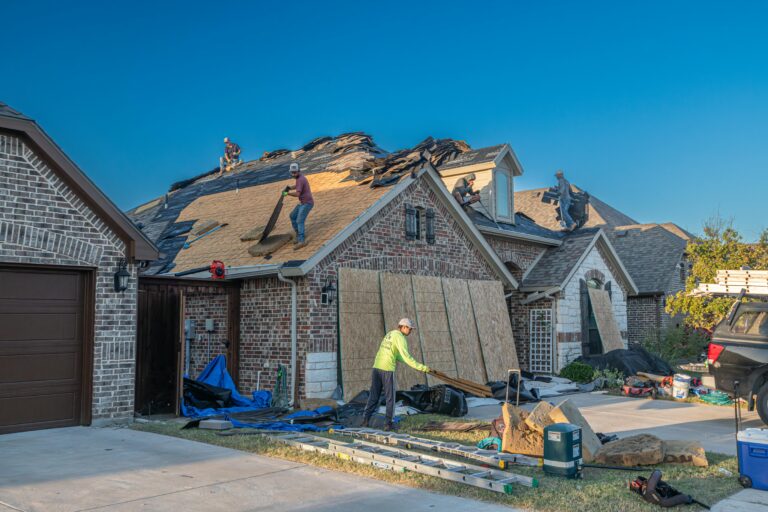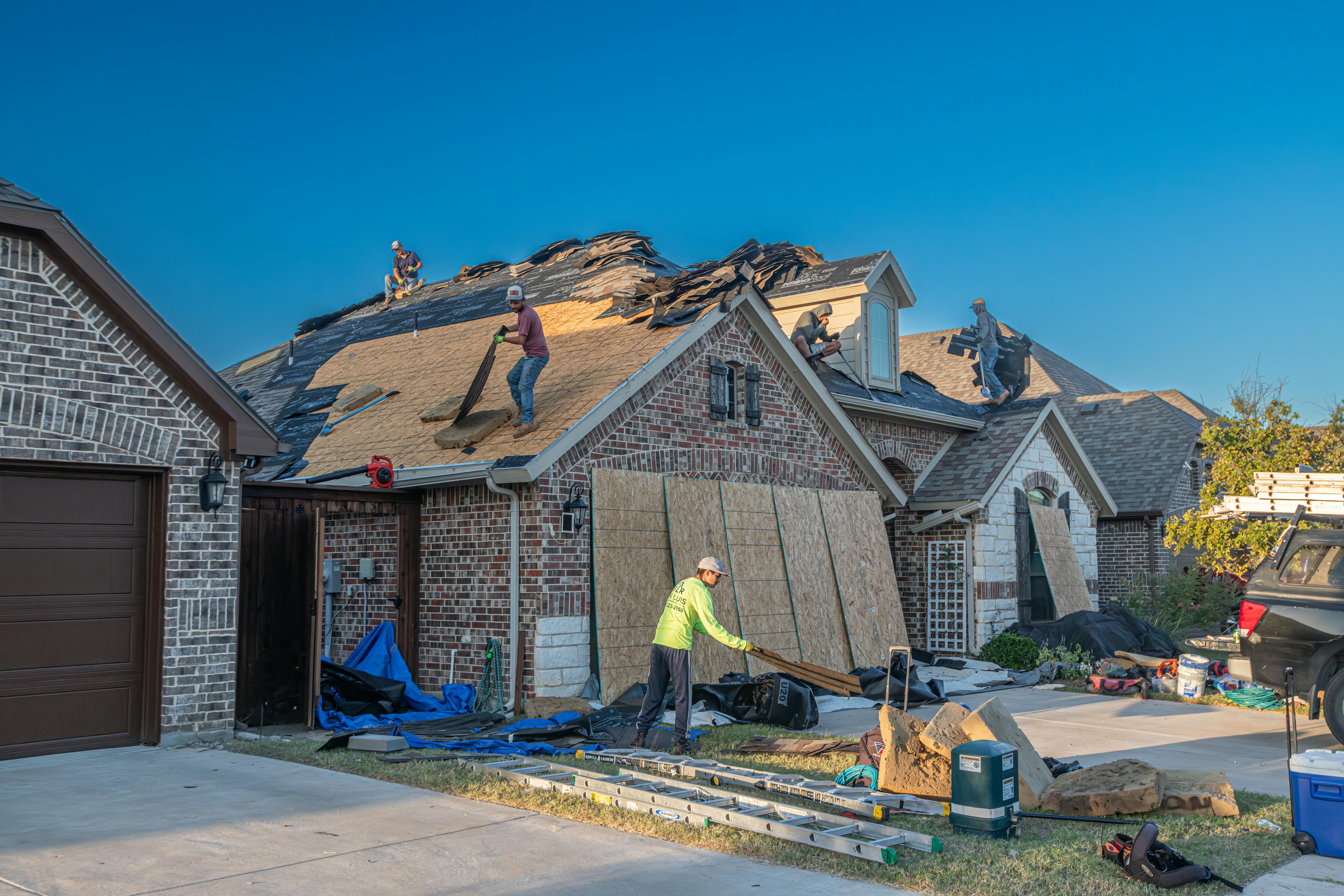
The residential landscape of Fort Worth is poised for significant transformation as a North Texas developer has announced plans to construct nearly 1,800 new homes in the rapidly growing city. This ambitious development project represents one of the largest residential expansions in the area and signals continued confidence in Fort Worth’s housing market, which has experienced substantial growth over the past several years.
The development comes at a crucial time when Fort Worth, like many major Texas cities, faces increasing demand for housing driven by population growth, business relocations, and the city’s reputation as an affordable alternative to other major metropolitan areas. With its strategic location in the Dallas-Fort Worth metroplex, robust job market, and relatively lower cost of living compared to coastal cities, Fort Worth has become an attractive destination for families, young professionals, and retirees alike.
Meeting Growing Housing Demand
The scale of this project, nearly 1,800 homes, underscores the pressing need for additional housing inventory in Fort Worth. Texas has been among the fastest-growing states in the nation, with the Dallas-Fort Worth metroplex consistently ranking as one of the top destinations for domestic migration. This population influx has created substantial pressure on the housing market, resulting in increased home prices and limited inventory in many neighborhoods.
By introducing a significant number of new homes to the market, this development aims to help alleviate some of the supply constraints that have contributed to rising housing costs. The project could provide much-needed options for potential homebuyers who have been priced out of existing neighborhoods or have struggled to find available properties in a competitive market.
Economic Impact and Job Creation
Beyond addressing housing needs, a residential development of this magnitude will have far-reaching economic implications for Fort Worth and the surrounding region. The construction phase alone will generate substantial employment opportunities, from construction workers and contractors to architects, engineers, and project managers. Additionally, the influx of new residents will support local businesses, schools, and service providers, contributing to the city’s tax base and economic vitality.
Real estate developments of this scale typically involve significant infrastructure investments, including roads, utilities, and potentially parks or community amenities. These improvements not only serve the new development but also benefit existing neighborhoods and contribute to the overall enhancement of the area’s infrastructure network.
Considerations for Community Integration
As with any large-scale residential project, the development will need to carefully consider its integration into Fort Worth’s existing urban fabric. Key considerations include traffic management, school capacity, access to public services, and environmental impact. Successful large-scale developments typically work closely with city planners and community stakeholders to ensure that growth is sustainable and benefits both new and existing residents.
The developer will likely need to coordinate with Fort Worth’s planning department to ensure the project aligns with the city’s comprehensive plan and zoning regulations. This may involve public hearings, environmental assessments, and discussions about traffic mitigation strategies to prevent congestion on existing roadways.
Housing Diversity and Affordability
One important aspect of modern residential developments is the mix of housing types and price points offered. While specific details about the homes’ sizes, styles, and pricing haven’t been fully disclosed, successful projects typically include a variety of options to serve different market segments. This might include single-family homes of varying sizes, townhomes, or other housing configurations that appeal to first-time homebuyers, growing families, and downsizing empty-nesters.
Given the ongoing conversation about housing affordability in Texas cities, there may be expectations or requirements for the development to include workforce housing or homes priced for moderate-income families. Many municipalities are increasingly encouraging or requiring developers to incorporate affordable housing components into large-scale projects to ensure diverse, inclusive communities.
Timing and Market Conditions
The timing of this announcement is particularly noteworthy given the current state of the national and regional housing market. While interest rates have fluctuated and economic uncertainty persists, Texas markets have generally demonstrated resilience. Fort Worth’s strong fundamentals, including job growth, corporate relocations to the region, and ongoing infrastructure investments, provide a solid foundation for residential development.
Developers typically plan large-scale projects with multi-year timelines, suggesting confidence in Fort Worth’s long-term growth prospects. The phased approach common to developments of this size allows builders to respond to market conditions and adjust pricing and product offerings as construction progresses.
Infrastructure and Amenities
Modern residential developments increasingly incorporate amenities that enhance the quality of life and community cohesion. While specific plans for this Fort Worth project may vary, contemporary developments often include features such as walking trails, parks, community centers, or commercial spaces. These amenities not only attract homebuyers but also help create a sense of place and community identity.
The development will also need to address critical infrastructure needs, including water and sewer services, electrical utilities, and internet connectivity. In today’s environment, high-speed internet access has become as essential as traditional utilities, particularly as remote work remains common for many professionals.
Looking Ahead
As Fort Worth continues to evolve from its traditional image as a cattle and oil town to a diverse, modern metropolis, projects like this nearly 1,800-home development play a crucial role in shaping the city’s future. The success of this venture will depend on numerous factors, including market conditions, effective planning, quality construction, and thoughtful community integration.
For prospective homebuyers in the Fort Worth area, this development could represent an opportunity to find new construction homes in a growing market. For the city itself, the project represents continued confidence in Fort Worth’s trajectory and potential to accommodate growth while maintaining the character and livability that have made it an attractive destination for Texans and newcomers alike.






